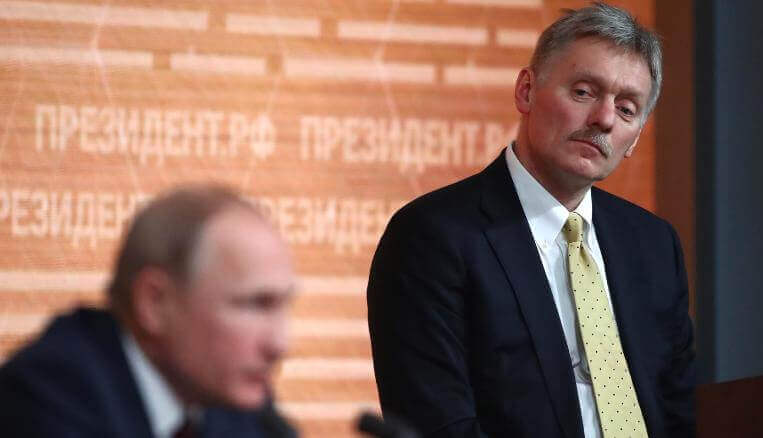On Monday, Russian President Vladimir Putin’s spokesman and Press Secretary Dmitry Peskov said Russia wishes to continue its bilateral relations with Germany following the end of Angela Merkel’s 16-year term as the German Chancellor.
“Of course, we are counting on continuity in our bilateral relations,” he told the Russian news agency TASS, adding that Germany has been one of Russia’s largest “trading, economic, and investment” partners. Peskov stressed that Moscow would maintain its status quo with Berlin regardless of its election outcome.
The results of the German parliamentary elections were declared on Sunday, but the formation of a government remained inconclusive. The Social Democrats (SDP), led by Olaf Scholz, won the polls by narrowly beating Merkel’s Christian Democratic Union (CDU), led by Armin Laschet. The SDP won 206 seats compared to the CDU’s 151 but fell short of the 398 required for a majority. Consequently, the two parties will engage in dialogue with other parties to form a coalition government by the end of October. In this interim period, Merkel will continue to lead Germany in a caretaker majority government.
Peskov told the media that Russia is “closely following” the German elections and emphasised that the future government’s formation was contingent on diplomatic dialogue. “It goes without saying that the elections in Europe’s largest country are a process, an event that rivets the attention of the whole world. We, too, have been watching with great attention what is happening and what the results are. We hope for continuity in our bilateral relations. We are not free from disagreement, but we share the understanding that problems can and must be resolved through dialogue. We are aware that the process of creating a coalition will be long and complicated. Let us wait and see,” he said in a comprehensive statement.
The two nations’ already rocky relationship took another turn for the worse recently. Russia held its parliamentary elections from September 17 to 19, and Putin’s United Russia party won by a sweeping majority amid a crackdown on all forms of opposition or criticism. Germany is one of the several international actors to have accused Russia of rigging and manipulating its elections.
Furthermore, earlier this month, Germany accused Russia of cyberattacks and disinformation campaigns to manipulate the outcome of the German elections. “Germany views this unacceptable activity as a danger to the security of the Federal Republic of Germany and for the process of democratic decision-making, and as a severe strain on bilateral relations,” German Foreign Ministry spokesperson Andrea Sasse said.
Moreover, Merkel and Putin disagreed on significant issues at their end-of-era meeting in Moscow in August. For instance, Merkel urged Putin to release Kremlin critic Alexei Navalny on the grounds of human rights and democratic principles, a request Putin sidelined and carefully dismissed.
However, despite their differences, the two leaders solidified their stance on the contentious Nord Stream 2 pipeline at the meeting in the face of international objections. The pipeline will carry natural gas from Russia to Germany, bypassing the initial route through Ukraine. Its installation has been condemned by the United States, Ukraine, and Poland, among others, because it “threatens European energy security, heightens Russia’s influence.” Yet, Germany and Russia worked together to complete the pipeline earlier this month.
It remains to be seen how the Russia-Germany dynamic unravels in the coming months, depending on which German party comes into power and to what extent past contentions meddle with Russian desires of continuing the relations.
Russia Desires “Continuity” in Ties With Germany, Says Kremlin Spokesman Peskov
As Germany awaits the formation of a coalition government, Kremlin spokesman Dmitry Peskov said on Monday that Russia desires continuity in bilateral relations following the end of the Merkel era.
September 29, 2021

Russian Press Secretary and President Vladimir Putin's Spokesman, Dmitry Peskov. SOURCE: VALERY SHARIFULIN/TASS/GETTY IMAGES
